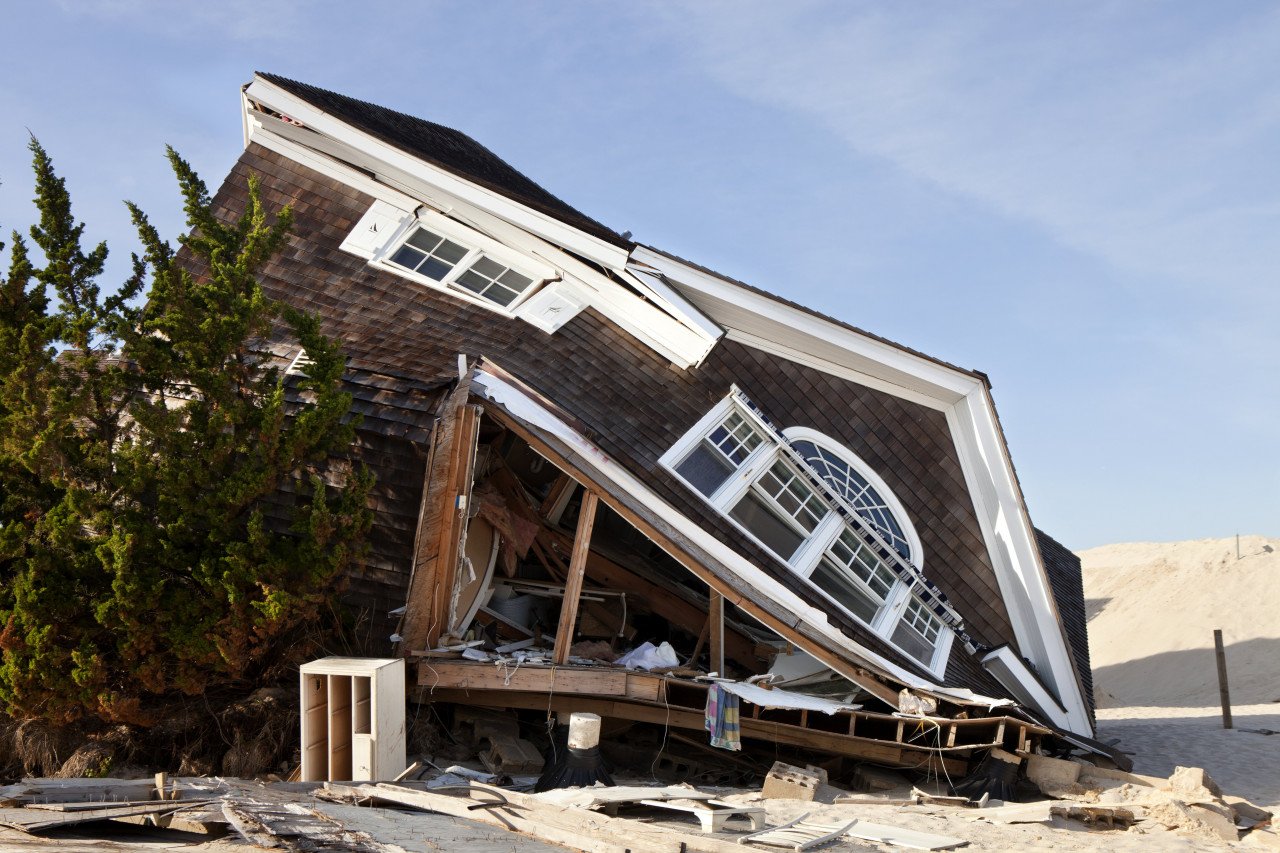
Many people hope not to experience the aftermath of a hurricane. But, if a storm damages your home, you must know the steps to take to file an insurance claim to help reduce your anxiety and uncertainty while recovering.
Since it is challenging to face the aftermath of a hurricane, below are some tips that would help make the process of filing for a hurricane insurance claim easier.
Let’s begin.
Consider hiring a hurricane insurance claims lawyer
If your claim is quite large, you should get in touch with a hurricane insurance claims lawyer. They can represent you throughout the process and also work on your behalf.
In addition, a hurricane claim insurance lawyer is experienced with such claims and can even take the insurance company to court when they do not perform their obligation. Also, if they do not reasonably or entirely compensate you for your homeowner’s damages.
Contact your insurer
After hurricane damage, it would be best to speak with your insurer as quickly as possible. Your insurer would make repair plans with you that are per your insurance policy and ensure you get your home back. They will also ensure you get reimbursed for losses such as appliances, furniture, or other property that you should replace due to storm damage.
Even though you might have a lot of things to deal with after the hurricane, you must ensure that you remain in communication with your insurer. Ensure that they have every required information to make your claim process easier so you can get your home back.
Make preparations for the Adjuster
After speaking with your insurer, your insurance company would assign an adjuster whose job is to assess the damage to your home and make a report containing the estimate for review. When this occurs, ensure you find the Adjuster’s name before the appointment and confirm the identification before letting them into your house.
Irrespective of how your Adjuster conducts his visit, they would make an inventory of your destroyed items and those that need repair. Also, you should add the amounts you paid to buy the items and the receipts you can get.
You could also make reports concerning damages you found after the Adjuster visited your home. Your claim could stay open (you might get additional compensation) for months after the first report, but this depends on your policy.
Ensure you know what your policy covers
When contacting your insurance company, find out what your policy covers. You might be able to find this on your insurer’s website. For example, the standard homeowner’s insurance policy usually covers damages to your personal property and home structure, excluding deductibles. Therefore, the money you would be paid depends on your coverage.
Actual cash value coverage will cover your home’s value and the damaged items inside after depreciation. Replacement costs cover replacing or repairing your home and other lost items at the current price. However, it usually doesn’t account for the depreciation of the original item.
Ensure you document your transactions
After the visitation of your Adjuster, ensure you remain in contact through text or email so you can have a backup of your communication. Also, keep notes of your discussions, appointments, and missed calls.
Though it isn’t necessary, it might be helpful whenever disagreements need to be resolved in court. Also, have copies of your documents, including those given to the Adjuster, like the list of properties damaged or lost.
Discuss your policy limits
When your insurance representative or Adjuster visits, they will give you details about what your insurer would pay for your claim. In cases when you think the compensation is low or that they maintain that your policy doesn’t cover every damage, ask the representative to explain in writing the process of getting to that estimate.
They should also add reasons why they didn’t add some items and the coverage limits, if any. If you feel the policy wording is misleading, contact your local lawyer specializing in insurance law.
Final Words
You must speak with your insurer to ensure that your house or property is protected in case hurricane damage occurs. This can include damage caused by rain or wind due to hurricanes. If you own a home in a place with a high risk of hurricanes, you can encounter a deductible solely made for storms.
Typically, flooding isn’t covered by homeowners’ policy. So, speak with your lawyer on how to get flood insurance. If your home is in an area prone to hurricanes, the tips mentioned above can help you claim insurance for your house after hurricane damage.
Leave a Reply